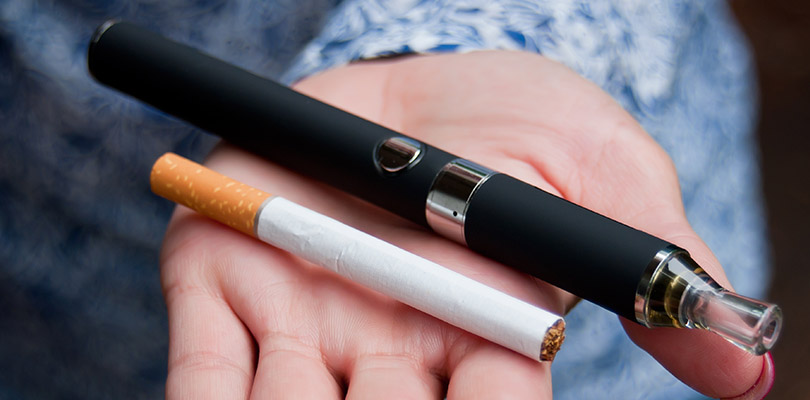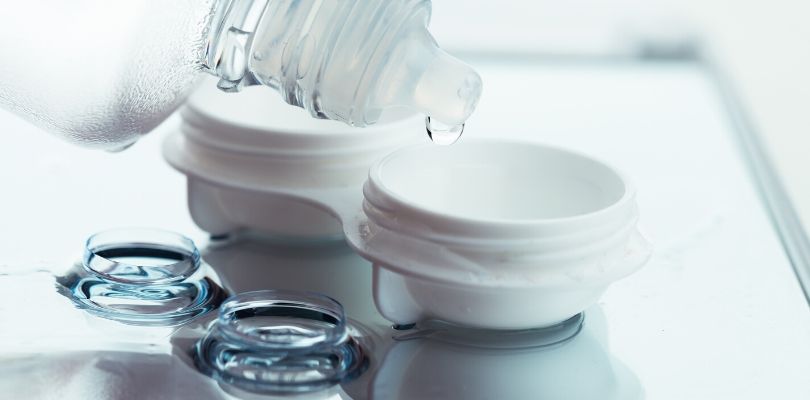What Causes Bad Breath Even After Brushing?
Halitosis, or bad breath, is when an individual emits an odor from their mouth. This may be something that the person is aware or unaware of. While this may be the cause of embarrassment or discomfort for people, it’s actually much more common than you may think.
There are many treatment options available that will help you get back to having clean, fresh breath again.
Understanding the cause of your bad breath will offer a variety of treatment options so you can get back to enjoying your life.
What Are the Causes of Bad Breath?
There are many reasons that a person may experience bad breath. Everything from the foods we eat to the way we brush our teeth can influence the smell of our mouth.
Here are some of the top reasons that you may have stinky breath:
- Poor oral hygiene — Proper brushing and flossing will significantly reduce the chances of having bad breath. Be sure to mouthwash daily and swap out for a brand new toothbrush every few weeks. Plaque buildup can certainly cause your breath to smell so don’t give it a chance to linger in your mouth.
- Tobacco — It’s no secret that using tobacco products can greatly influence the scent of your breath. Plus, tobacco use can lead to yellow teeth.
- Foods — Foods can be one of the leading causes of bad breath. Fortunately, we each have a lot of control of the foods that we eat. To avoid bad breath, don’t consume foods that are known for their odor. Common foods that cause bad breath include garlic, onion, and fish.
- Sores and infections — Pay special attention to any sores that develop in your mouth. If left untreated they may cause an infection will emit an unpleasant odor.
- Medications and vitamins — Certain medications and vitamins can lead to bad smelling breath. For example, fish oil is a common supplement that can make a person’s breath smell less than fresh.
- Sickness — When a person is not feeling well, their breath is usually the first sign that something is wrong. Fever and allergy issues are common reasons that a person may have smelly breath.
- Dry mouth — Saliva helps keep our mouths clean. Without it, bacteria can build up in our mouths and create a sour smell.
- Pregnancy — Pregnancy is a common culprit of bad breath. Regular morning sickness can certainly cause it, but the actual hormonal changes in the body can also be a reason as well.
Signs of Bad Breath
Believe it or not, sometimes people don’t know they have breath. This isn’t hard to imagine when you consider that we breathe and speak outward.
What is massage therapy? Massage therapy is a type of manual bodywork which helps to relax both the body and the mind and relieve physical/emotional stress.
If you are wondering if you have bad breath, here are a few signs to watch out for:
- Sour, stale taste in your mouth
- White coating on the tongue
- Persistent dry mouth
Also, take a moment to observe the way that people interact with you. Do people back away when you speak to them? If so, this could be a silent indicator that you have bad breath.
How to Get Rid of Bad Breath With Home Remedies
Fortunately, there are several things you can do to ward off the smell of stinky breath. Here are a few things that you can try at home that can help.
- Brush and floss daily
- Stop smoking
- Drink lots of water
- Chew sugarless gum
- Use a homemade or store-bought mouthwash
Other Treatment Options to Help Bad Breath
Unfortunately, sometimes bad breath can’t be stopped on your own. This is especially true if you have an infection, illness, or dental disease. If you have tried a few home treatments and nothing seems to work, then it’s time to check in with a dentist.
You could be suffering from a common gum disease, known as gingivitis, or have other dental problems that are causing the foul smell. While you may feel embarrassed, just know that dentists want to help you figure out the problem.
You should bring a list of questions and concerns to your consultation to help ease your mind.
In Conclusion...
Bad breath is an unfortunate reality for some people. However, there is a treatment plan that will work for you.
Don’t suffer away in silence. Instead, take charge of your oral health and identify what the cause of bad breath. If the home remedies do not curb your bad breath, then reach out to your dentist for further guidance.
Bad breath isn’t uncommon, but it doesn’t’ have to be your normal. Try one of these home remedy solutions or seek additional guidance from your dental professional.







